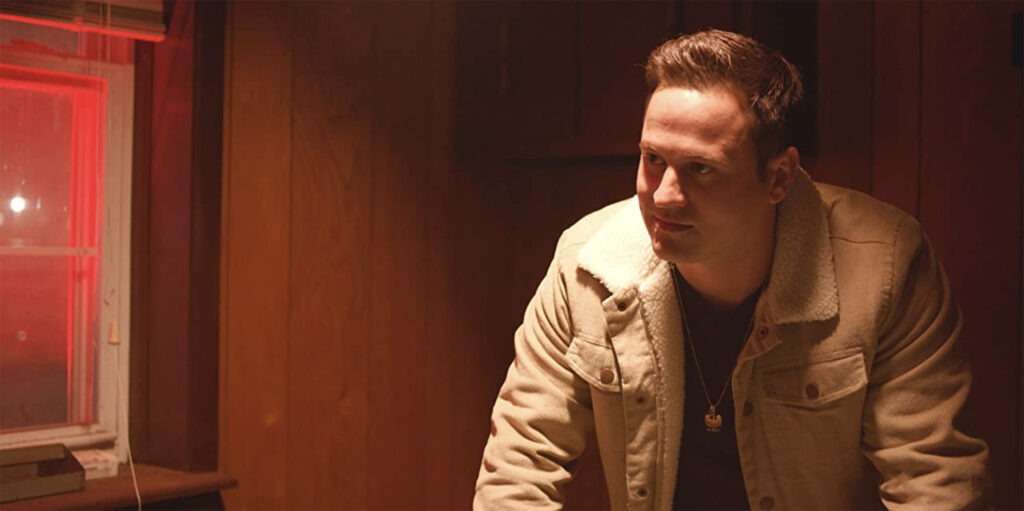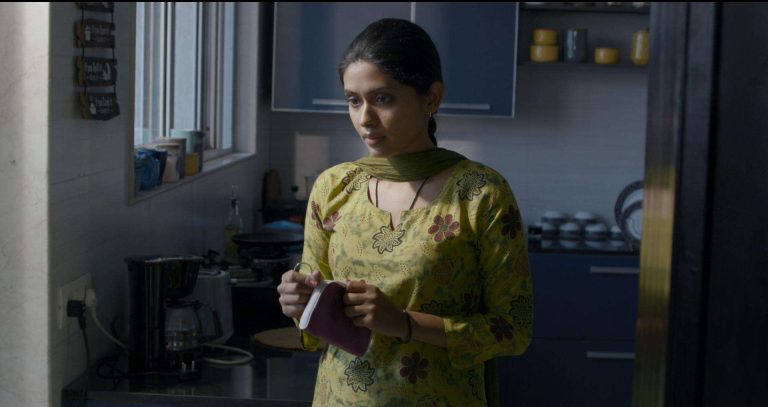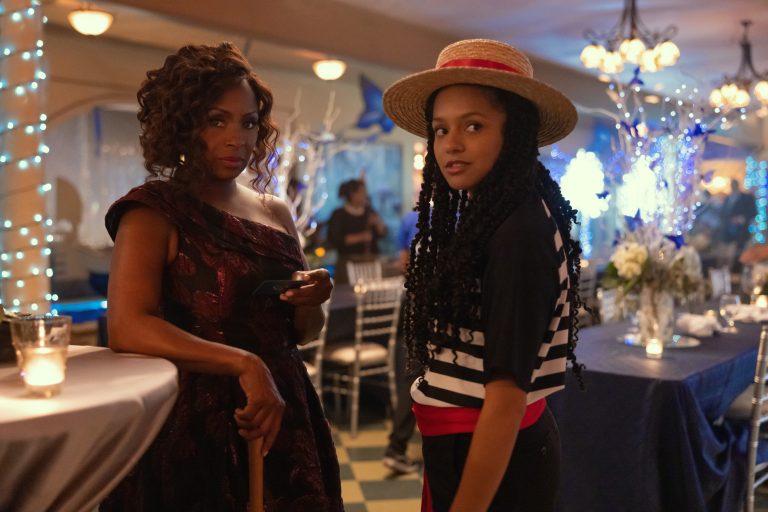It has often been seen in cinema of cultural relevance that the reflection of the darkest personal, social, political, or economic aspects of our day-to-day lives garners significant attention and applause. One reason behind this is that these aspects become conversations that we don’t usually have with each other. However, the most important reason is that they bring to light a fresh perspective on the oft-abused scenarios that we encounter. This is only a basic disclaimer as to why the story of gangsters and mafias on-screen has, through many decades now, cemented itself as a highly regarded subgenre in the wider spectrum of crime thrillers.
Time and again, whether through the works of established auteurs or modern newcomers, we are either presented with new perspectives or historical revelations on the nature of well-known syndicates or new outlooks on the subgenre itself. Director Joseph Pupello, making his debut feature here, pushes his film “Dress Code” in that assembly line. While certainly ticking the boxes in terms of an unconventional touch and even narrative uniqueness, the results are more or less mixed, missing the beats more often than hitting them right.
The story, although packed with the standard tough grit that comes in handy with any mobster drama setup, is awash with sensitivity. Bobby Russo was born and brought up in an environment that upholds crude masculinity and organized crime. Right from his teenage years, he has had a troubled relationship with his father, Dominic, who knows about him being built ‘differently’ and attempts to beat him to normalcy, all the while trying to erase his little ‘secret’ of being a clothes fetishist. Although Dominic only wants to drive away the obvious dangers that come with this secret of his, the relationship between them strains and comes off as abusive. At that, Bobby is not the correct person for the life that comes with being the master of the mob, given his sensitivity and compassion.

He also shares a loving relationship with his mother, who is more understanding and tries to empathize with Bobby’s little secret and his caring nature, loving him all the while. Hence, her death is all the more traumatizing for him. As an adult, he eventually finds love in his girlfriend Claire and a strong attachment with his supportive uncle Rocco, who is unaware of what Bobby hides from him. However, he must come to terms with the objective dangers of his secret and buckle up for the challenges that come, forming the arc for the rest of the film.
The idea of a gangster who is constantly wrestling with his identity is a novel one and an often overlooked perspective that can be brushed through with an equal amount of twisted sensibility and gentleness. However, the script, written by Peter Panagos, chooses to move away from a ruminative and constantly nuanced approach. Instead, he writes it like some kind of a layered biopic for Bobby, capturing the familial dynamics and key events of his life like snapshots. It is as if the ‘moments’ did not see the light of the day because he was a real individual who was well-known. The screenplay has a solid structure, don’t get me wrong there, and it does more to the life of its protagonist than simply checking the boxes of what defines him and what does not.
However, the familiarity and standardized nature of this structure obstruct the flow of the film, which is already equipped with a lot of unimpressive directorial language. The film has a distinctly DIY look and feels as if it were a coming-of-age film primarily. The back-and-forth between the younger days of Russo and his life as an adult feels further strange because the low-budget ‘effortlessness’ is rather mediocre and doesn’t come to pay off well.
Since the narrative has untapped and masterful potential in itself, it only feels like a completely succinct and powerful epic trapped in the body of a standard-issue American indie with writing and directorial tools that are not just developed enough to treat it very well. The leading performances by first-timers Gerard Garilli and Nicholas Giordano as the adult and young Bobby Russo are substantive and even effective, but their performances, along with those of the rest of the cast, get clouded by the film’s low-key sameness and limitations. However, it would be interesting to see what Pupello and Panagos can do with the resources that match the thundering effect of their narrative keynote. This time, the DIY direction and standard-issue screenwriting come off as major letdowns.


![Nobadi [2019]: ‘TIFF’ Review – Questioning our notion of identity](https://79468c92.delivery.rocketcdn.me/wp-content/uploads/2019/09/Nobadi-highonfilms-768x384.jpg)

![Fever Dream [2021] Netflix Review – A mysterious eco-fable that doubles down as a metaphor for parental anxiety](https://79468c92.delivery.rocketcdn.me/wp-content/uploads/2021/10/Fever_Dream-Distancia-de-rescate-3-768x321.jpg)


